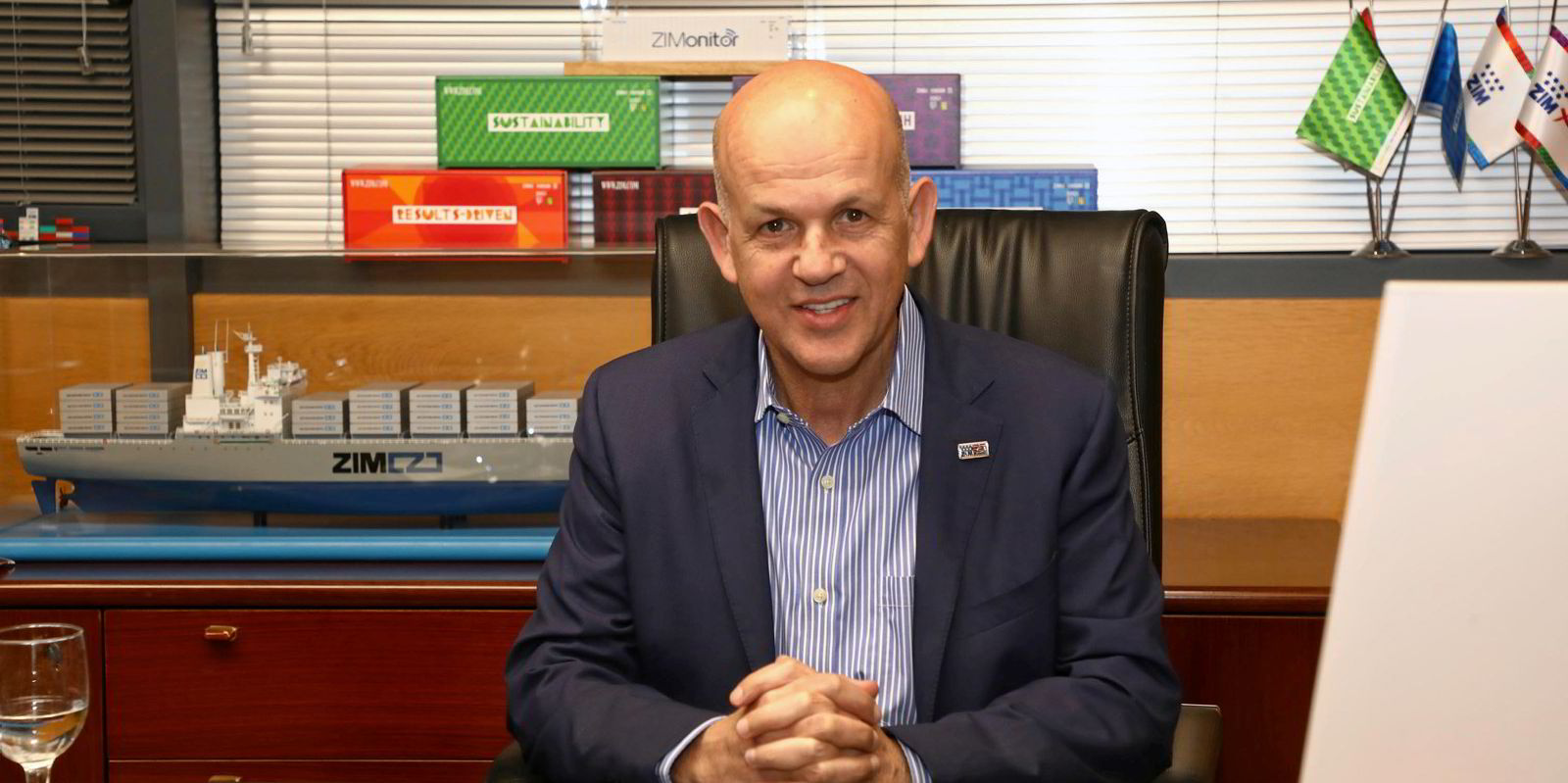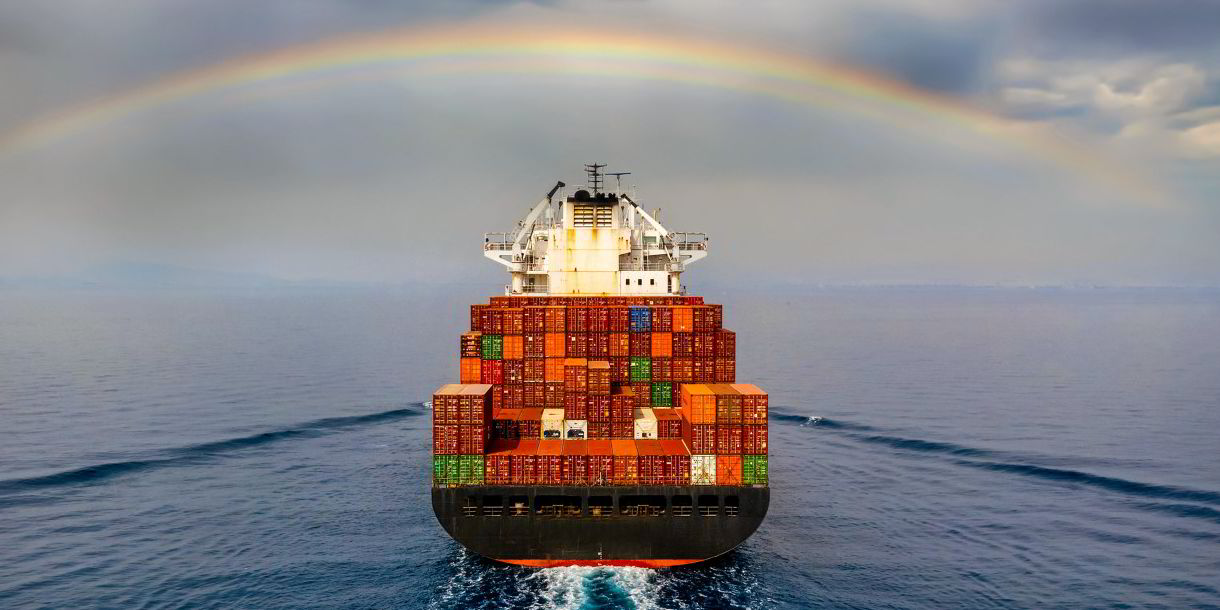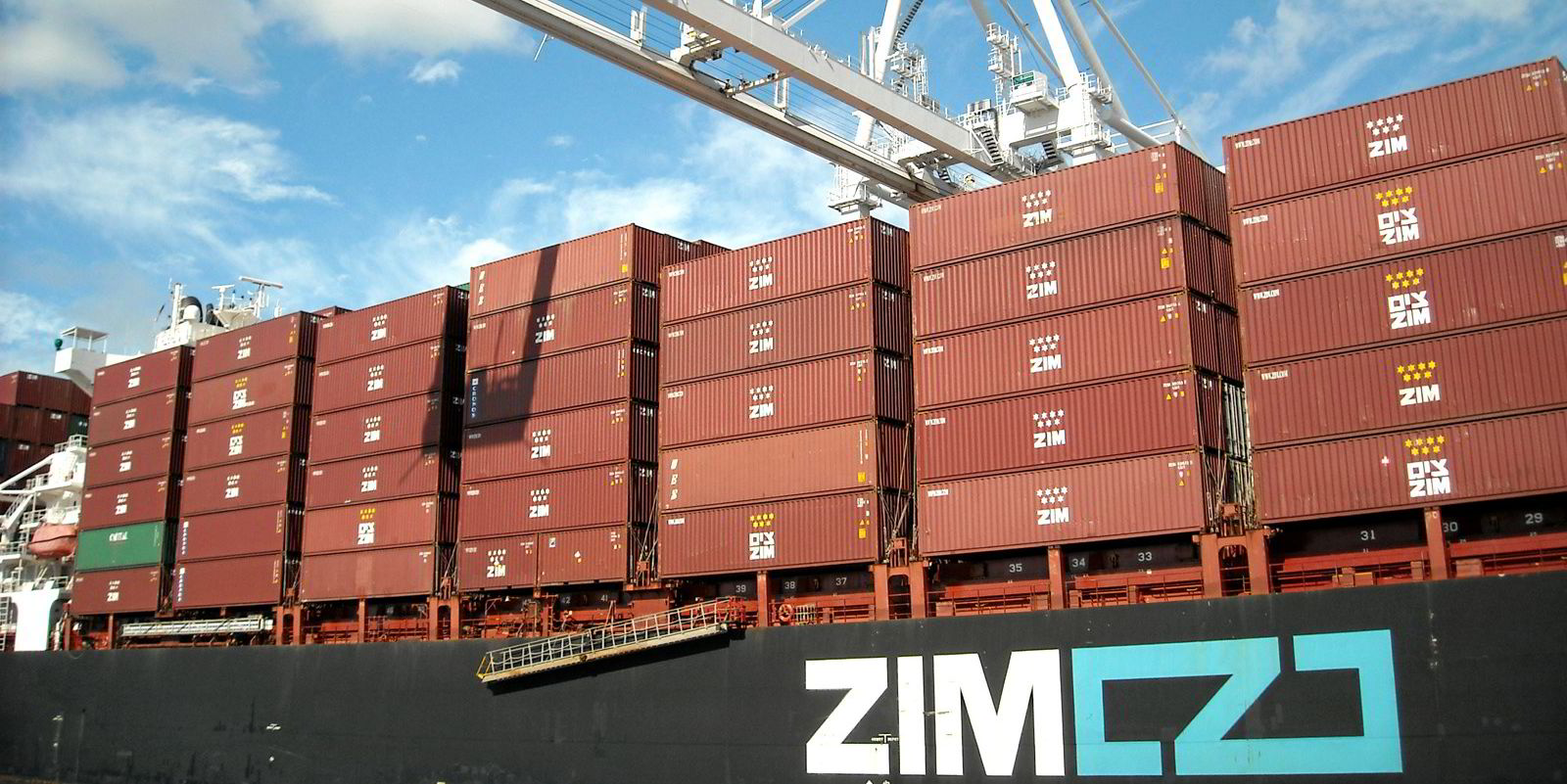Israeli liner operator Zim is forking out $320m to purchase seven containerships.
The Haifa-based carrier has purchased five 4,250-teu vessels and two 1,100-teu ships in a number of separate transactions.
The move marks a big step for the liner operator which has traditionally depended on chartering its fleet from the market.
Zim did not name the vessels which are built between 2007 and 2009.
But brokers said that four of the vessels costing around $60m each were sourced equally from Belgian owner CMB and the Singapore-based Asiatic Lloyd.
That includes the 4,255-teu Harpy Hunter and Heron Hunter (both built 2009) from CMB, and the 4,275-teu ALS Fauna (built 2008) and ALS Juno (built 2009) from Asiatic Lloyd.
The three other ships have not been identified.
The purchases mark the first move by the Haifa-based company into the secondhand market under the management of chief executive Eli Glickman.
But the company has played down suggestions that the purchases mark a shift in strategy for the liner operator which has relied on an "asset-light" model based on chartering vessels.
"This does not indicate a change of strategy, but rather seizing a market opportunity and utilising available cash to best enhance our service to customers," a spokesperson for the company said.
'Much needed assets'
Zim, which listed on the New York Stock Exchange in January, has been one of the few liner companies to steer clear of the secondhand market.
The company's heavy reliance on chartering ships means that virtually all its fleet of 77 containerships are taken from the charter market, according to Alphaliner data.
But a shortage of ships for Zim's expanding liner services coupled with rising charter rates is thought to have forced a rethink.
Chief executive Glickman described the vessels as an "opportunistic acquisition of much-needed vessels".
"We have drawn on our strong cash position and our agile approach to maintain and expand our operating fleet to meet growing customer demand, while remaining committed to delivering industry superior profitability," he said.
"Going forward, we will continue to complement our primary strategy of chartering-in the vast majority of our vessels, by selectively acquiring second-hand tonnage when the appropriate opportunities arise," he said.






